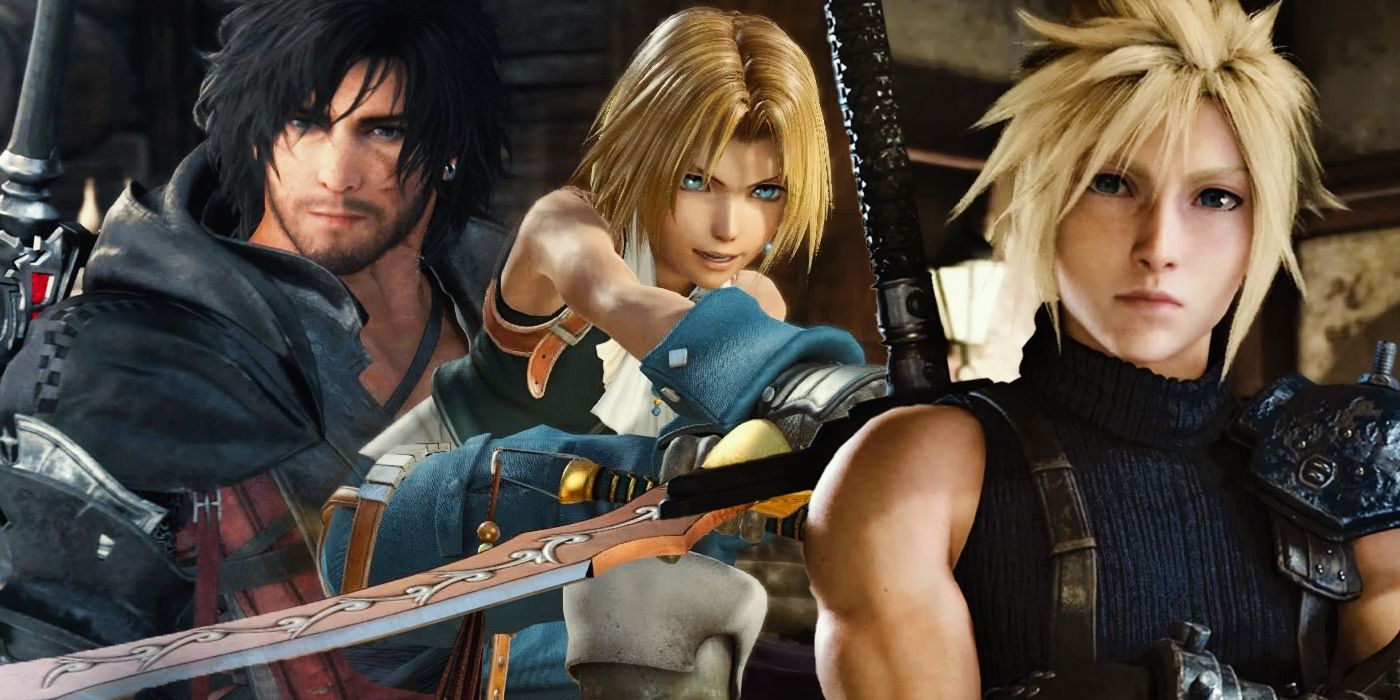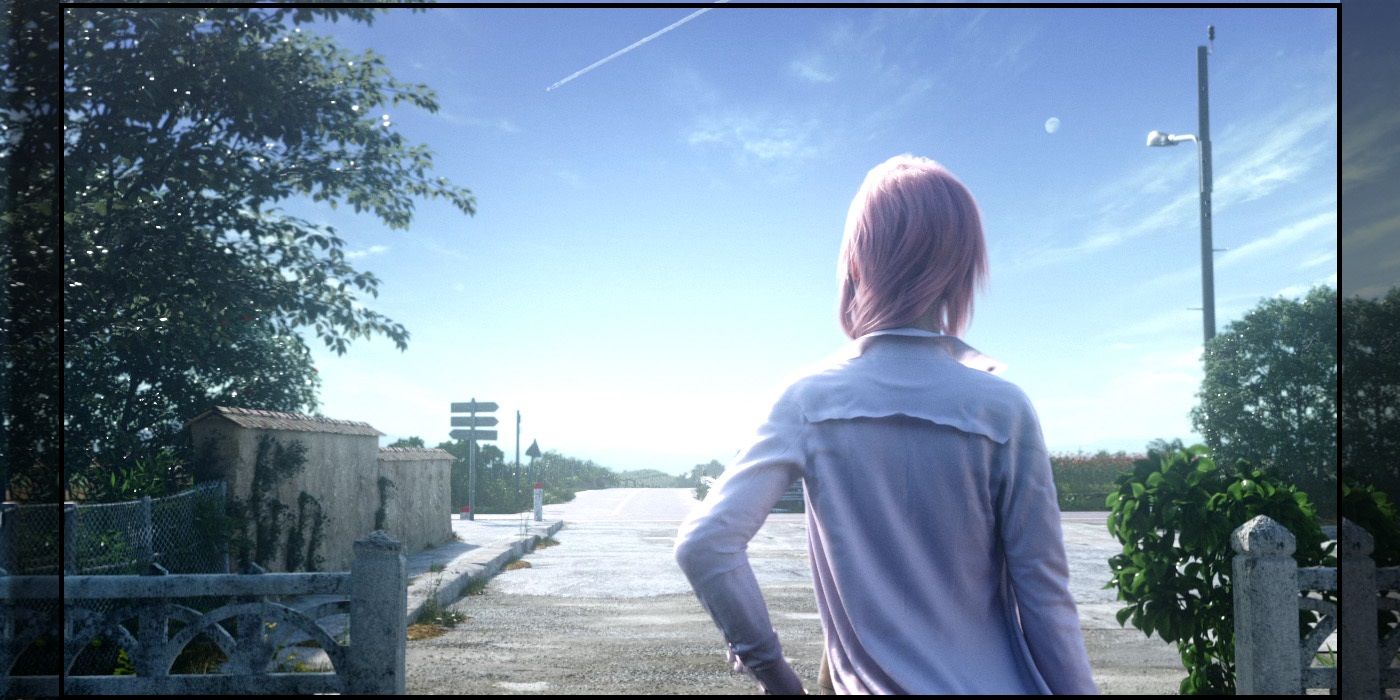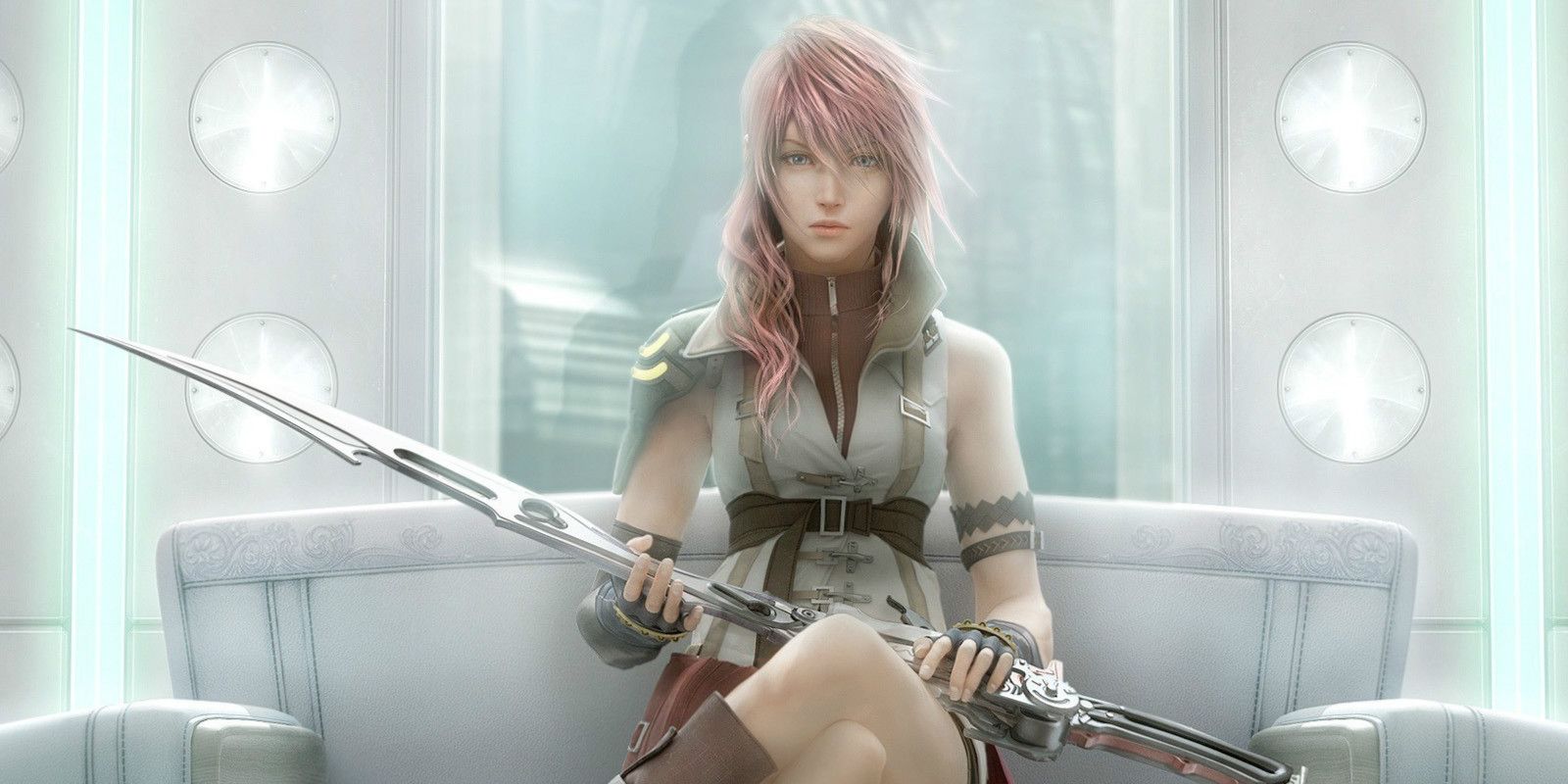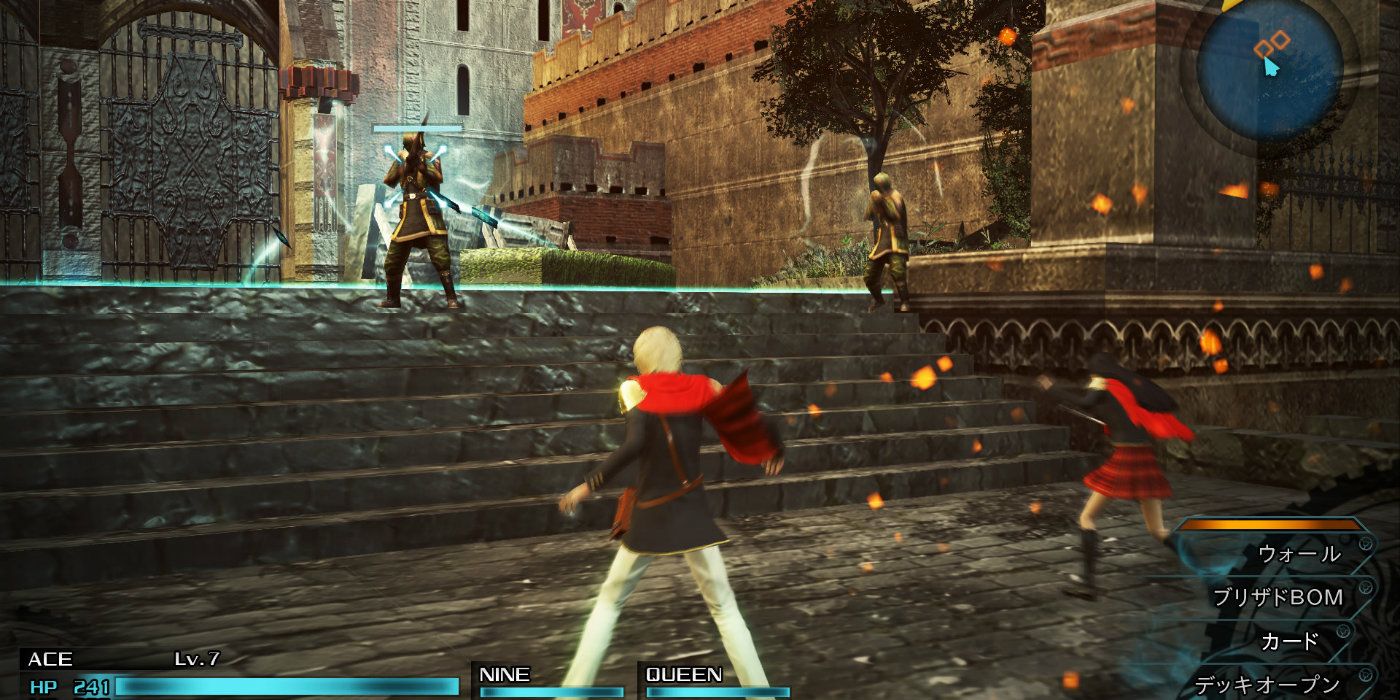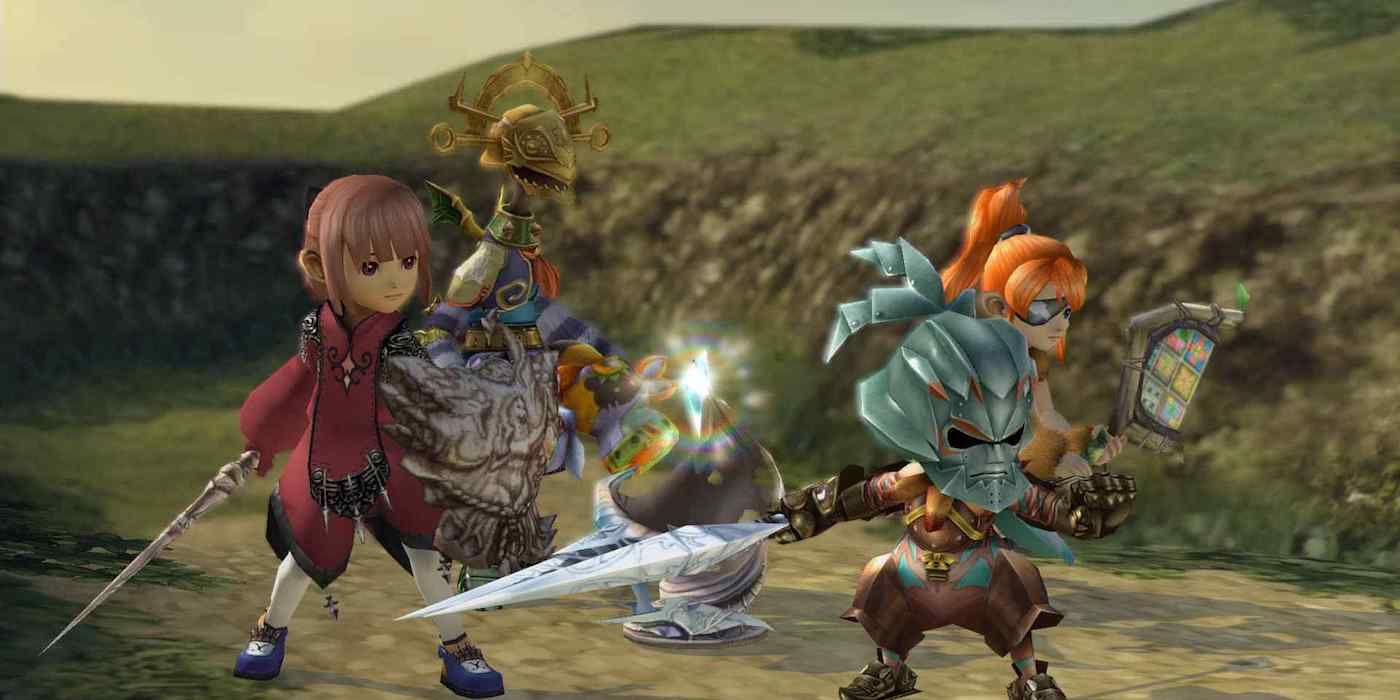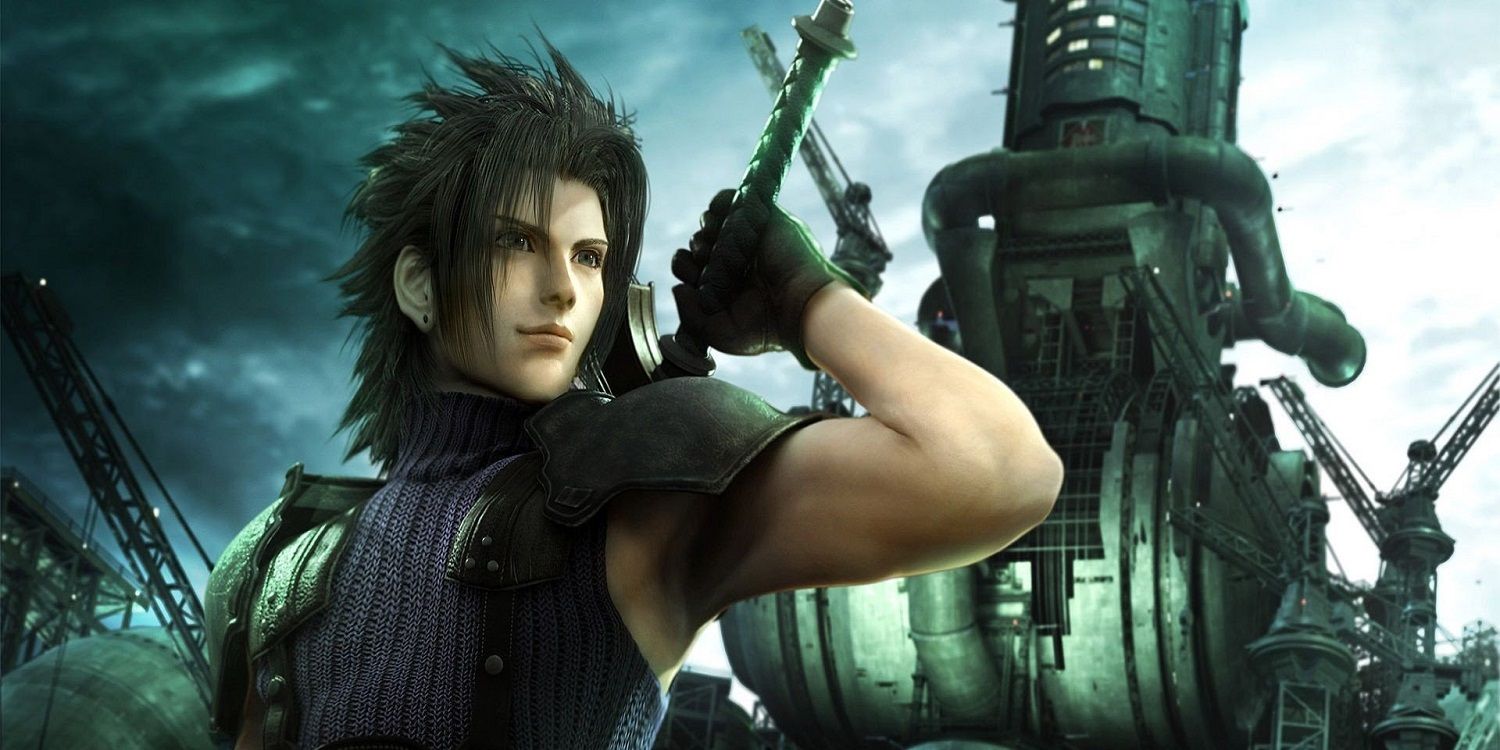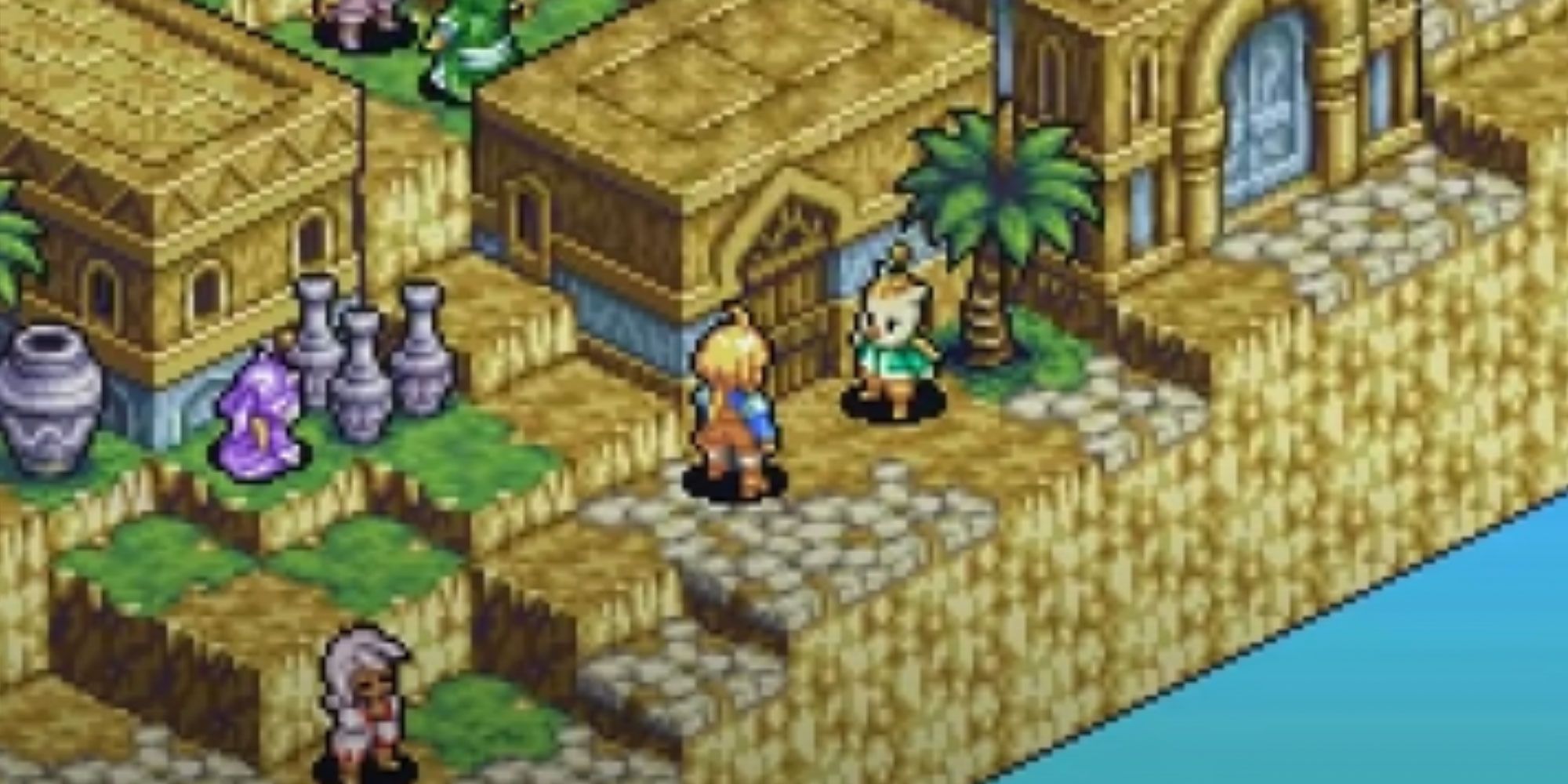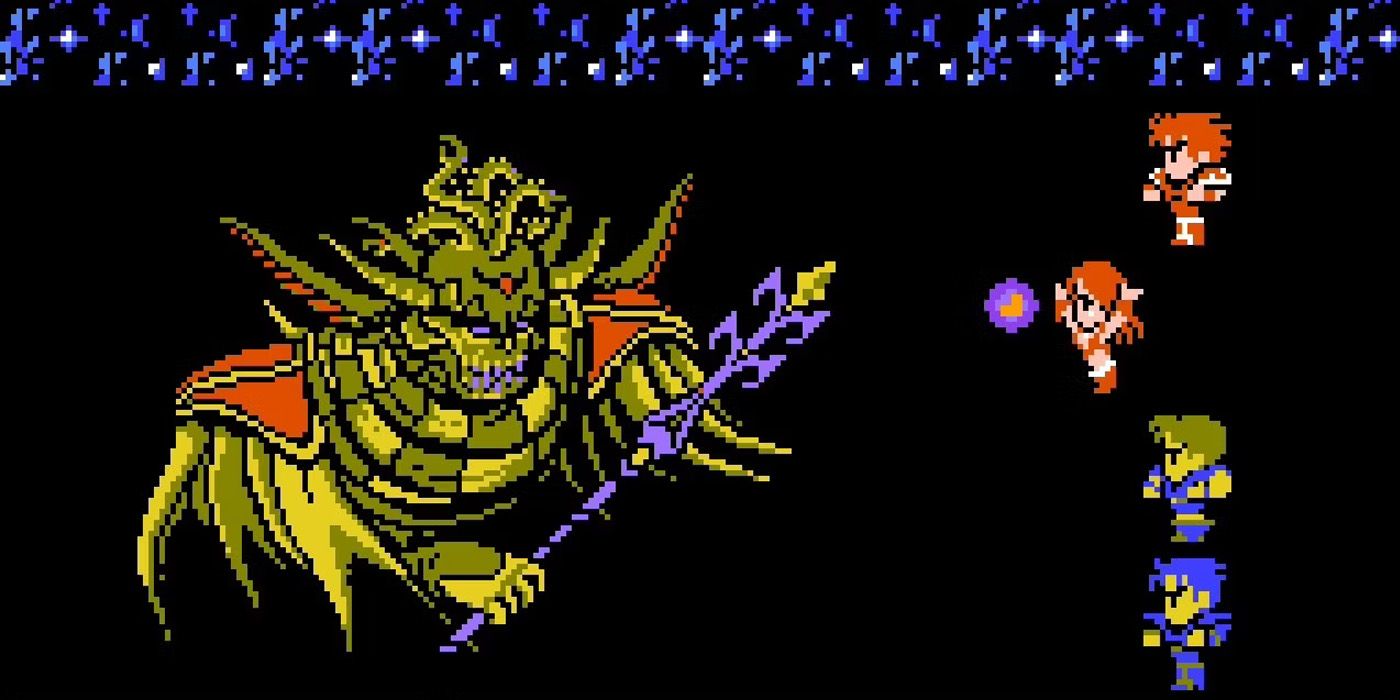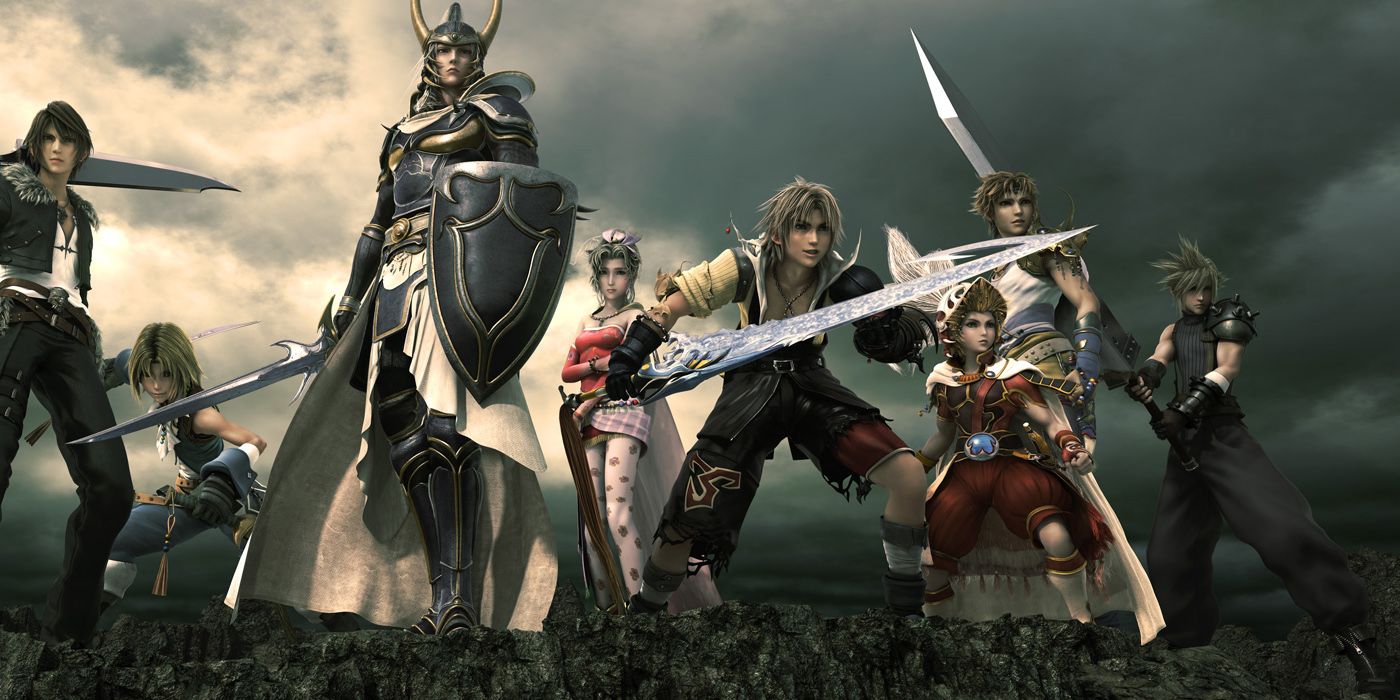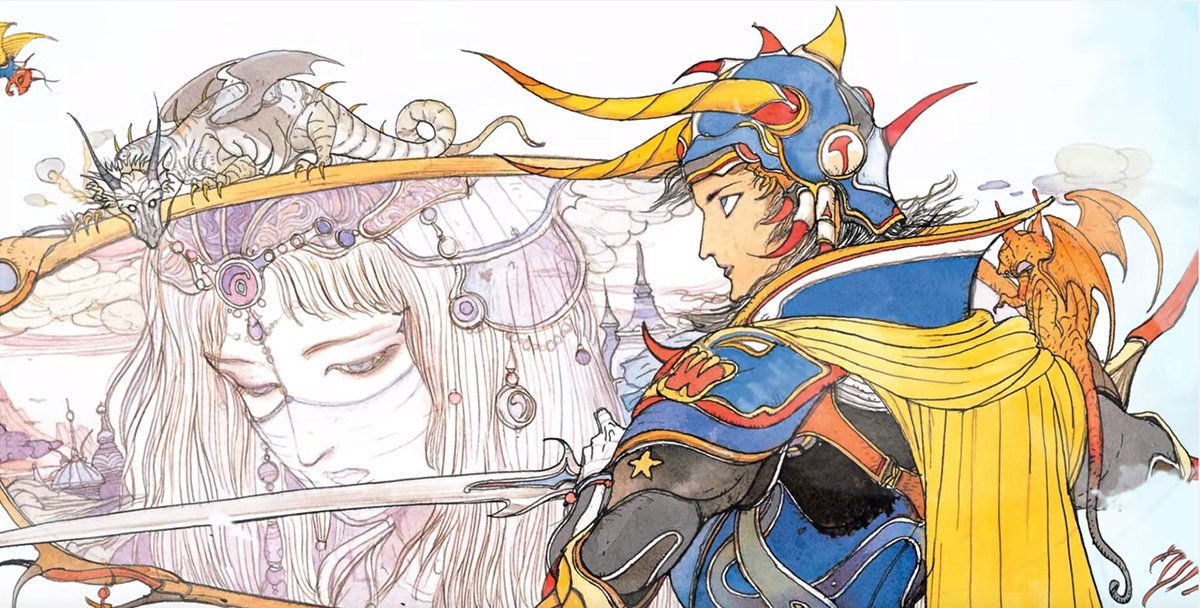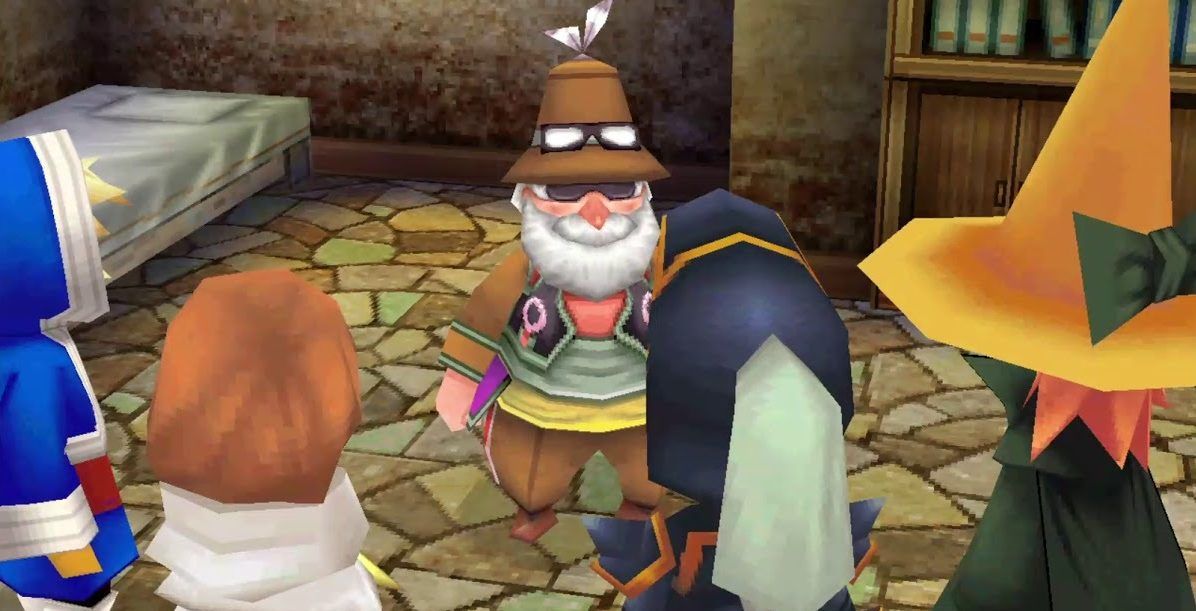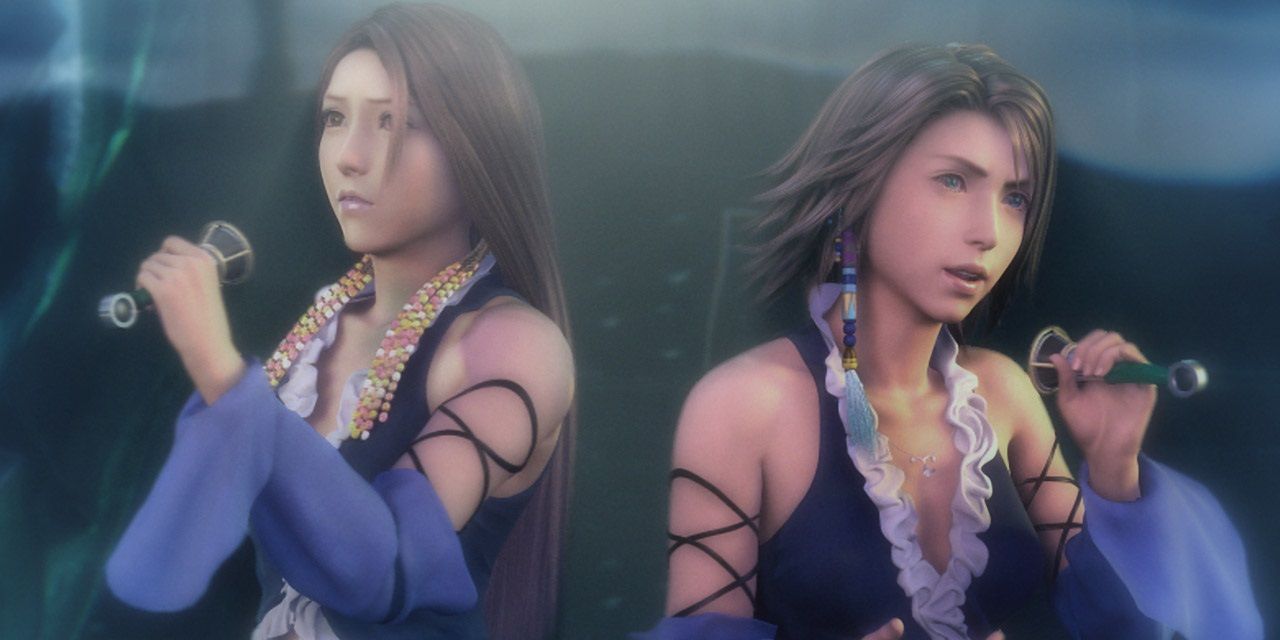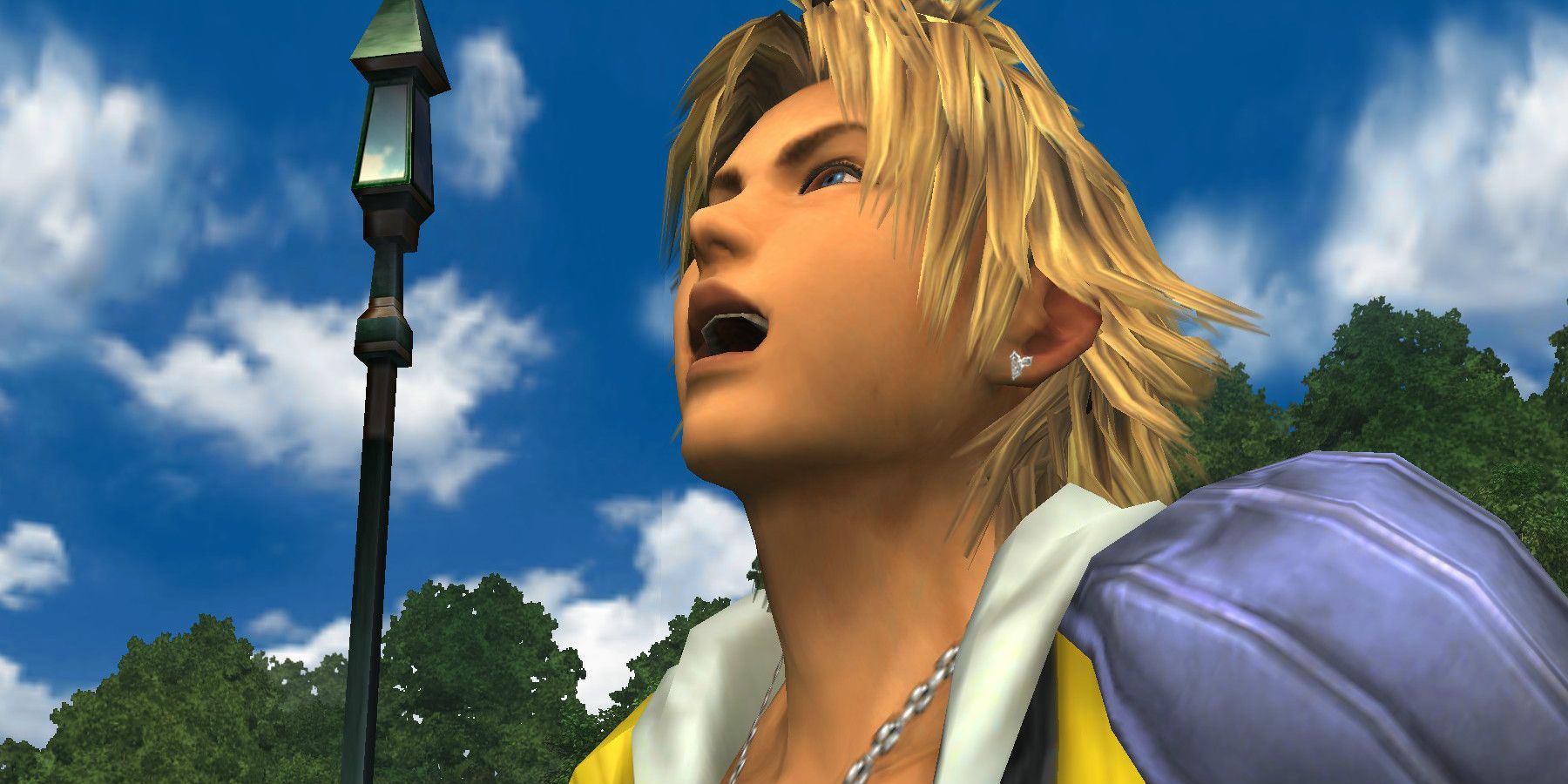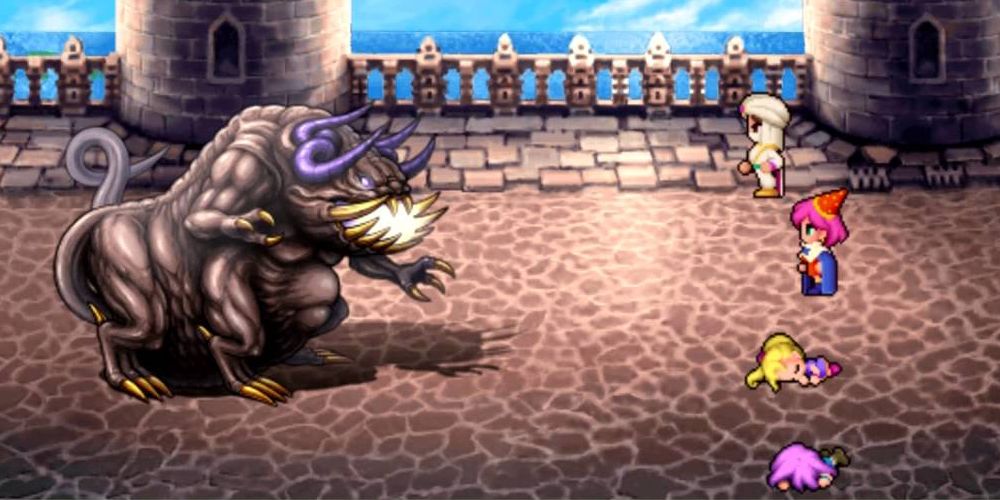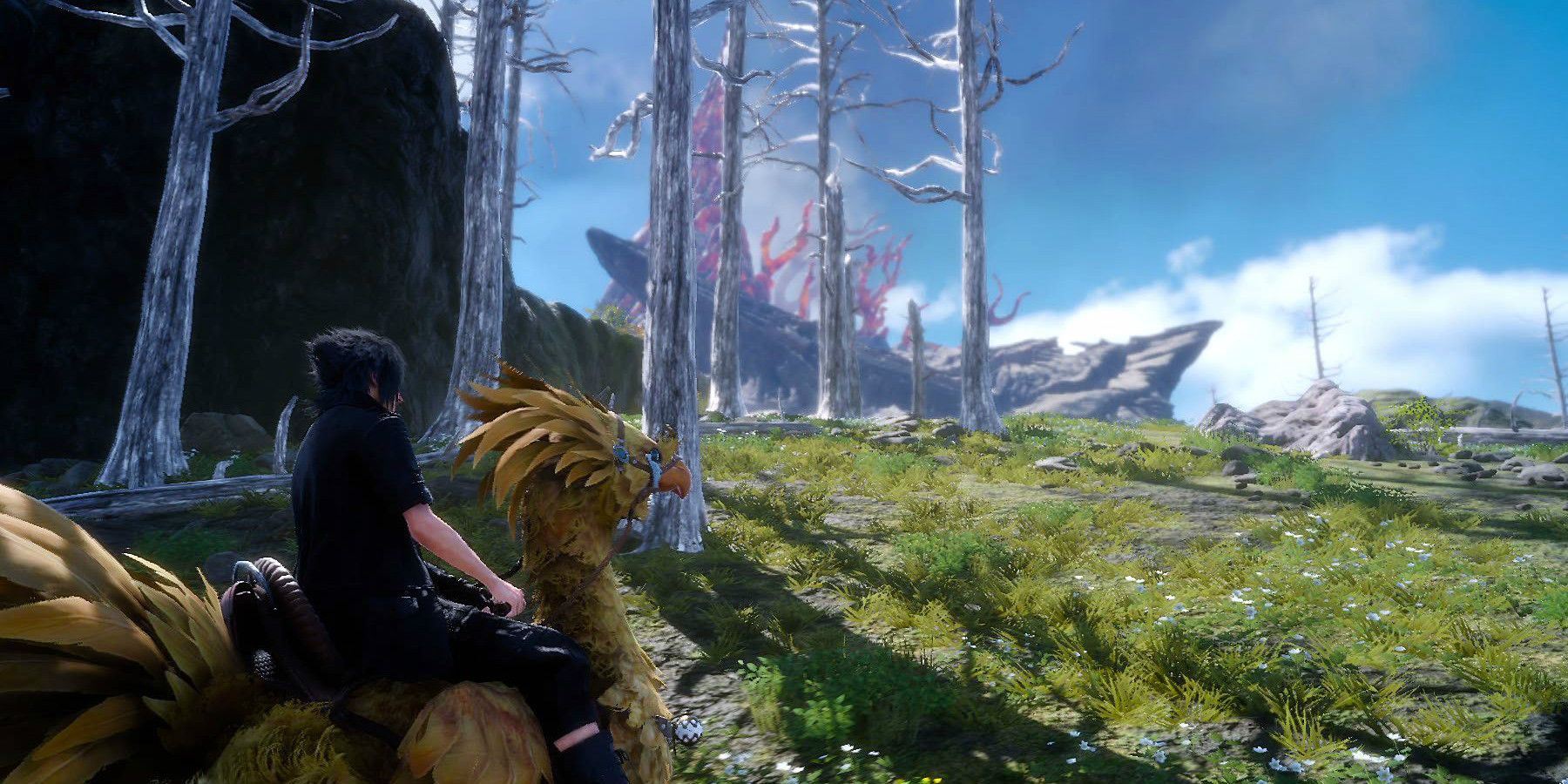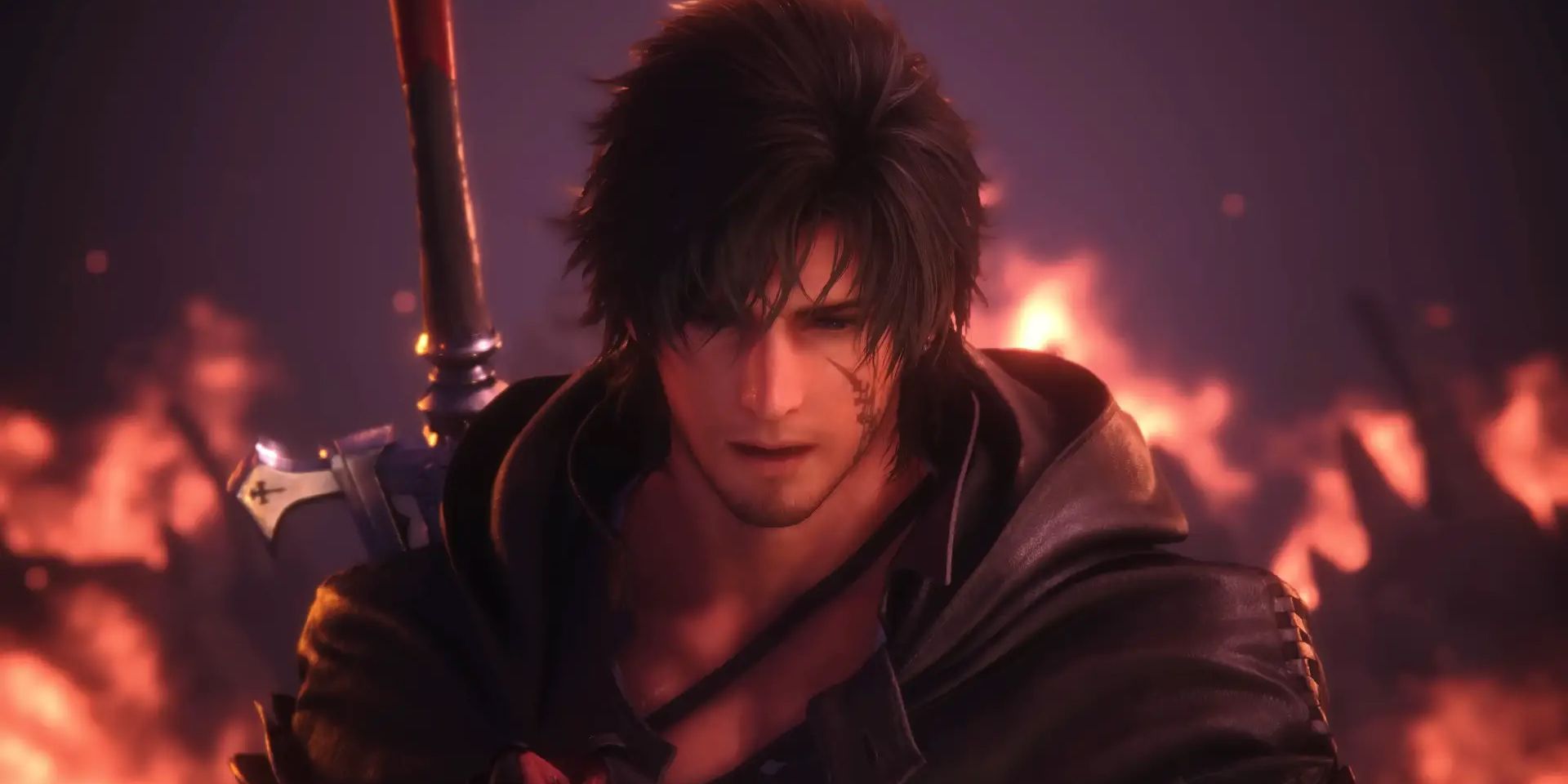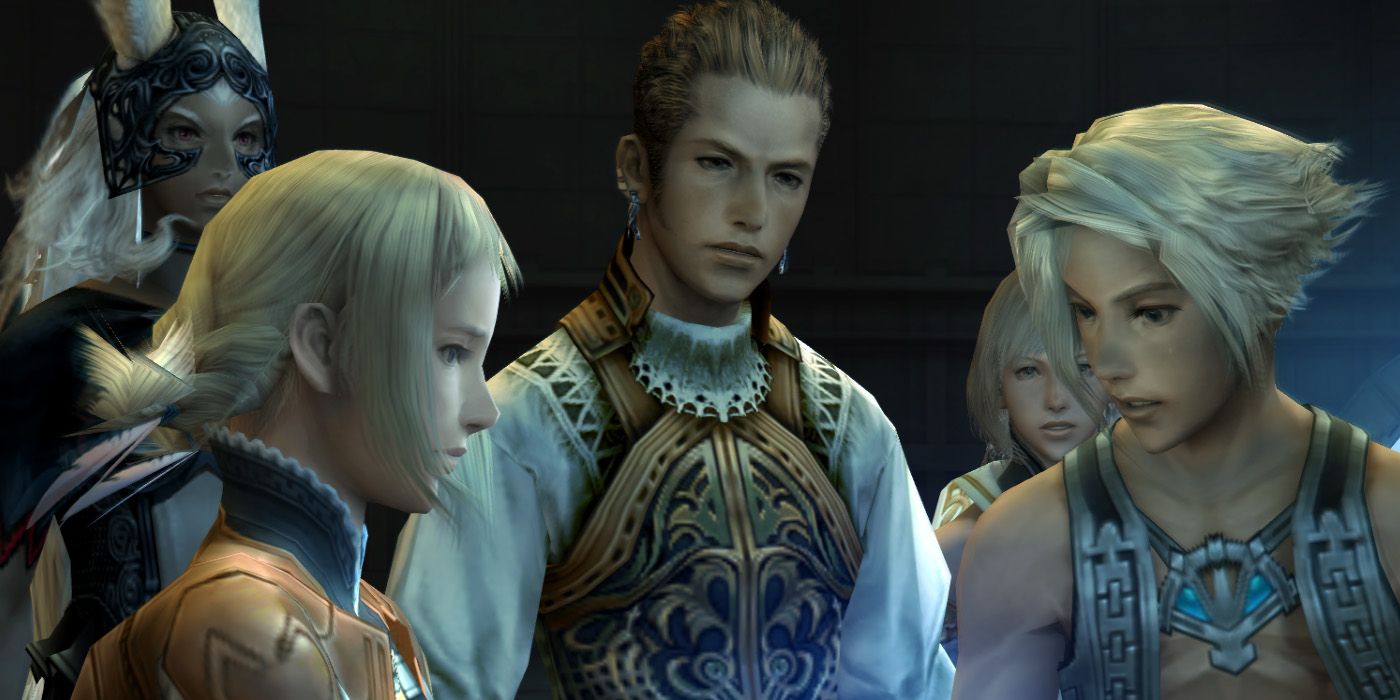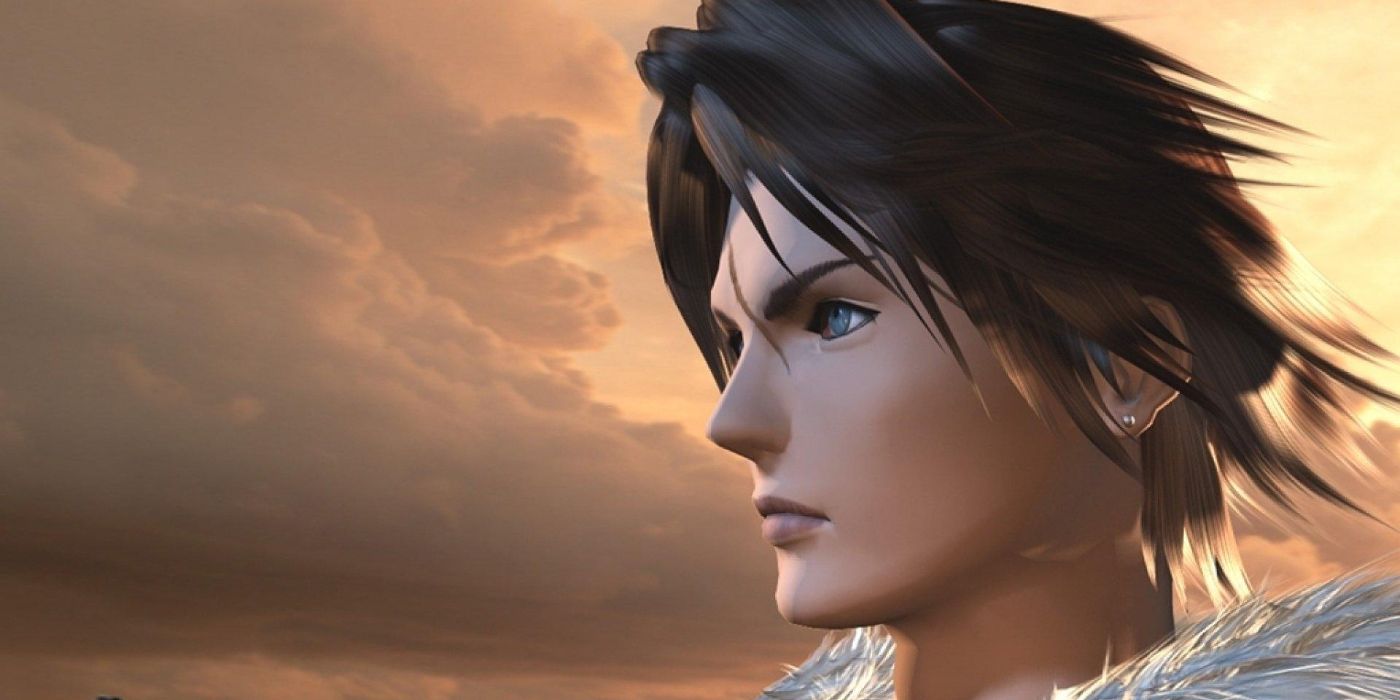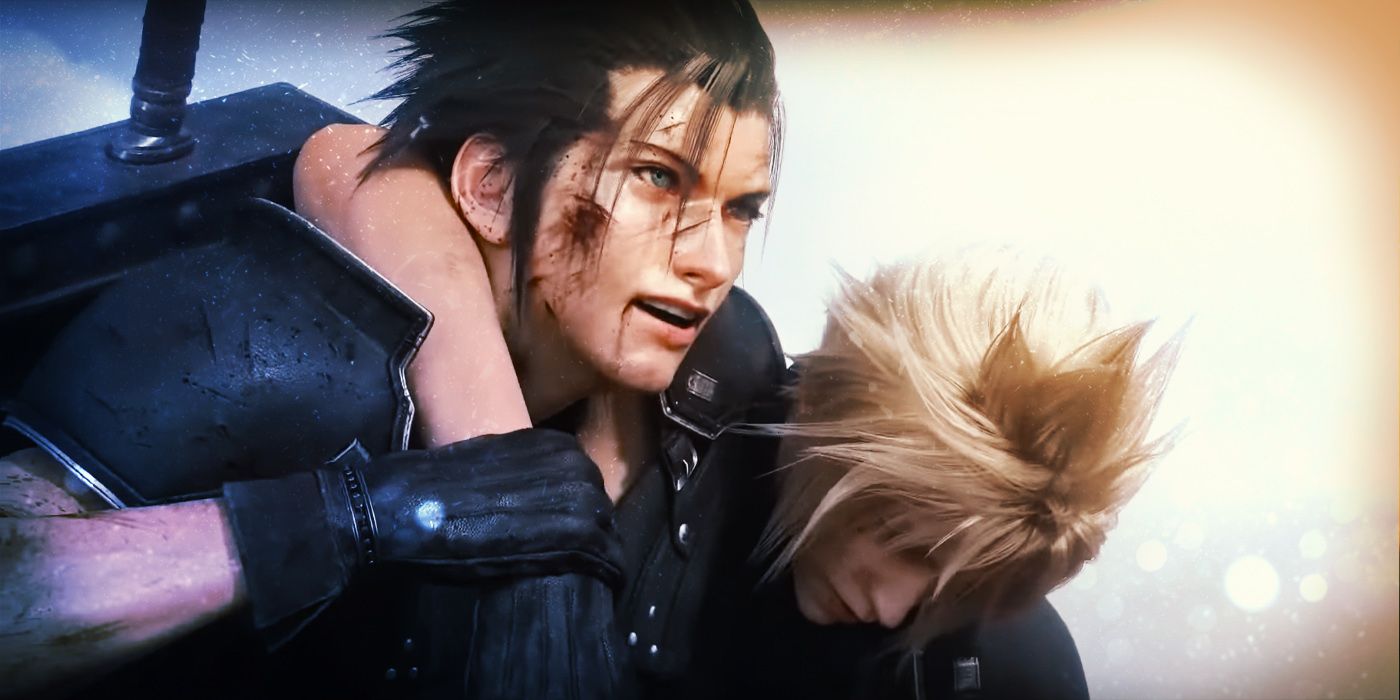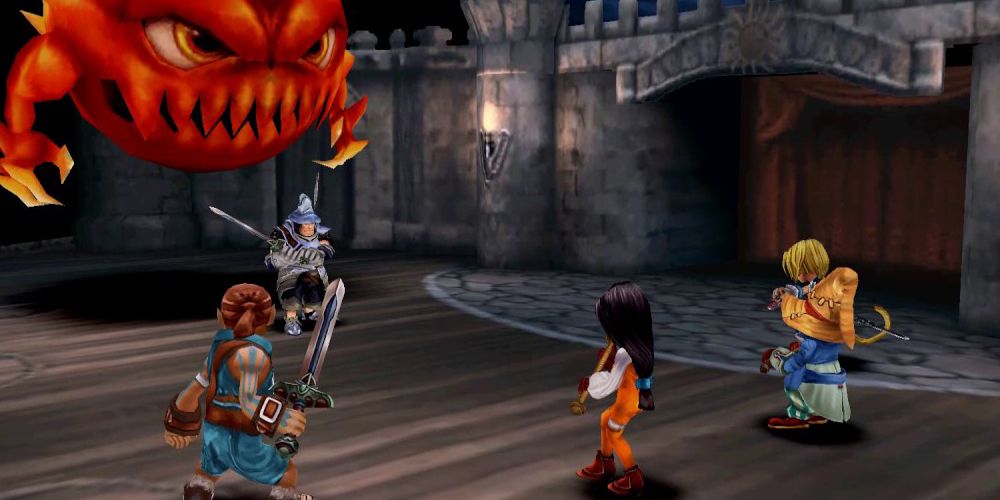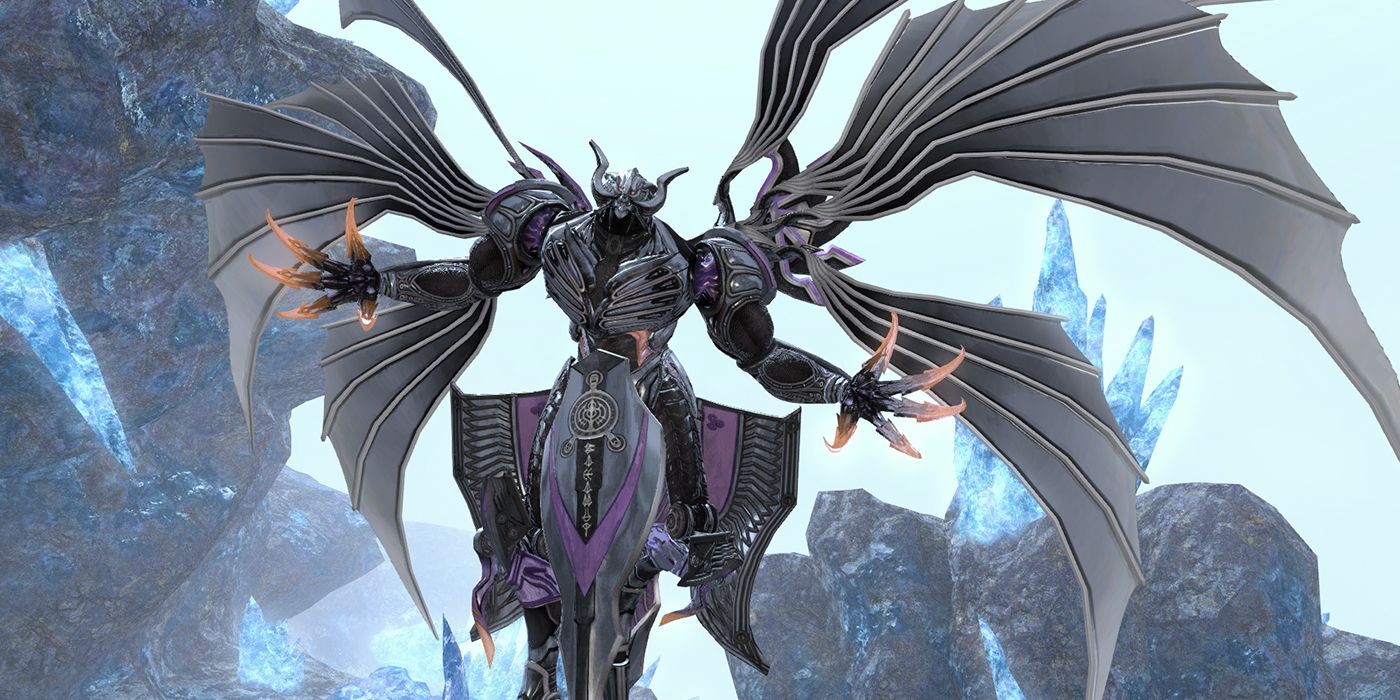The terms “iconic” and “definitive” get tossed around so often that they can lose their impact, but the best games in the Final Fantasy series manage to earn the usage. The franchise truly defines an RPG sub-genre all its own, having forged an incredible legacy and reputation over three long decades in the gaming industry. From its 8-bit origins on the NES to the recent launch of Final Fantasy 16, the greatest Final Fantasy games bring fantasy worlds to vivid life and fill them with narratives, characters, and gameplay that capture the hearts of players worldwide.
While Final Fantasy’s running legacy is one of undeniable success, it can hardly be claimed that every release was just as good as the last. Some titles in the series package interesting stories with lackluster gameplay, while others explore exciting new directions without sticking the landing. Nonetheless, every game among the 25 best entries in the franchise has something to offer fans, and the balance between familiar beloved elements and continued innovation has ensured that truly excellent Final Fantasy titles continue to come around when everything comes together just right.
25 Lightning Returns: Final Fantasy 13
Despite a very mixed fan reception to Final Fantasy 13, Square Enix committed to continuing its story in two follow-up games. Lightning Returns is the conclusion of this saga, and plenty of players returned to see the end to the story of one of the least annoying Final Fantasy protagonists. While it echoes many strengths and weaknesses alike from the first game, it also introduced one key problem of its own – a time limit for each save file. Granted, it's a part of the story, but it's a frustrating choice for a Final Fantasy game.
The concept of a time limit lends a sense of urgency to rushing through the game, which works against what many people consider the core Final Fantasy experience. Expansive worlds, hours of exploration, side quests, and secrets galore are typically a central appeal for the series. Turning the whole thing into a sprint just doesn't seem that fun.
24 Final Fantasy 13
Despite being an incredibly beautiful looking game packing some interesting and fun combat mechanics, Final Fantasy 13 doubled down on rail-bound gameplay and plot direction that seems to run counter to the spirit of the series. Many players lose interest in the game before it ever starts to open up, as its better features have trouble sustaining hours of running through hallways.
The linear plot and gameplay all but robs Final Fantasy 13 of the open sense of wonder that makes for a memorable Final Fantasy experience. Not everything the game has been derided for is all bad, as the Paradigm system's quirks don't stop it from being fluid and entertaining, but other games in the series just give the player more to do.
23 Final Fantasy Type-0
Final Fantasy Type-0 plays more like an experiment than anything else, and it certainly doesn't come up short in terms of ambition. That may be what holds it back from being great, however; It simply tries to do too much.
Incorporating strategy elements as well as continuing the action-RPG gameplay trend that many Final Fantasy titles have followed, Final Fantasy Type-0 manages to pull off an overall enjoyable experience despite being a bit convoluted in terms of both mechanics and plot. The characters, while distinct, don't offer too much to remember them by. Final Fantasy Type-0 is a game worth playing, but not one worth calling one of the best Final Fantasy games.
22 Final Fantasy Crystal Chronicles
Crystal Chronicles does what it was designed to do, delivering a solid Final Fantasy title to the GameCube and pull off an entertaining multiplayer experience. It achieves the first goal with aplomb, although the second's success is of a slightly more mixed quality.
The multiplayer implementation was a bit cumbersome, necessitating a system link with the Game Boy Advance that, while neat and novel, was a remarkably poor and unwieldy choice when it came to gathering friends for a session. As a result, it's actually incredibly difficult to play Crystal Chronicles as it was intended on its original hardware. The multiplayer changes in Crystal Chronicles Remastered Edition available on modern hardware go a long way in making this an easier title to pick up and play.
21 Final Fantasy 7: Crisis Core
In terms of PSP games, Final Fantasy 7: Crisis Core offers an impressively ambitious action RPG experience. The visuals are impressive for the handheld, and any narrative that further explores Final Fantasy 7 is going to be welcomed with open arms. In the context of Final Fantasy games, however, Crisis Core is a bit of a mixed bag, and the same goes for its 2022 remaster, Crisis Core Reunion.
While it succeeds in telling a great story through the eyes of playable Final Fantasy 7 character Zack Fair, whose point of view was sorely lacking in the Final Fantasy 7 universe prior to its release, the actual gameplay can feel disappointingly thin at points. There's not a great deal of customization to go into making battles more interesting, and fights to feel monotonous pretty quickly. The plot, however, is well-worth the slog.
20 Final Fantasy Tactics Advance
Final Fantasy Tactics Advance had a difficult task on its shoulders, following up an acclaimed and ambitious PlayStation title on a handheld system. It succeeds on all the basics, and the essential, Ogre Battle-like gameplay is still well intact.
Nonetheless, the simplified, real-world crossover narrative feels incredibly awkward compared to the original's politically epic story, and it ultimately falls short of the incredibly high mark that Final Fantasy Tactics had set in that regard. Final Fantasy Tactics Advance is a good game in its own right, but compared to the original, it's a bit of a disappointing sequel.
19 Final Fantasy 2
Final Fantasy 2 had a tough road to appreciation in the United States, failing to receive a proper stateside release until 2002. It did see a few updates along the way, but the core game was pretty well dated before reaching mainstream North American audiences that had already been exposed to later, improved titles in the franchise.
All that said, this was still a very important chapter for the series. It introduced Chocobos, and these big, yellow avian creatures have become endearingly awkward Final Fantasy staples over the years. The action and skill-based character progression remains controversial, with most fans finding it more of a chore than anything. Mixed reception on this particular chapter is understandable.
18 Dissidia Final Fantasy
Dissidia was another attempt to break Final Fantasy out of the RPG box and into fresh territory, this time under the guise of a classic fighting game. The concept is sound – top-notch, even. Playing out Cloud and Sephiroth's duel in a real time brawl was no doubt a dream of many Final Fantasy fans for years before the game's release.
Unlike some spinoffs, Dissidia did manage to reasonably deliver on its potential. While the plot seems a little forced in order to account for the variety of fighters from different worlds and universes, storytelling is rarely where fighting games excel. Nonetheless, the Dissidia series is definitely one of the less well known and less played games in the franchise for a reason. It's a decent fighter and an excellent diversion, but it definitely didn't push many boundaries for its genre.
17 Final Fantasy
The original Final Fantasy is an old school fantasy RPG adventure that shows its age plenty well, and its dated nature prevents it from ranking among the very best Final Fantasy games. Nonetheless, the fact that everything started with this title does make it worthy of significant consideration. There's plenty of credit due to the template set by the first entry in the series.
Credit does have limits, however. While Final Fantasy did introduce this beloved series to the world at large, even the remastered versions may be a tall order for modern audiences, offering up a fairly threadbare plot and a sometimes frustrating approach to difficulty. Veterans of the franchise tend to have more fondness for it as another fine stroll down memory lane.
16 Final Fantasy 3
Two different games have released as Final Fantasy 3 in the United States, with Japan's Final Fantasy 6 taking on the lower number for its SNES localization. The original wouldn't hit North America until 2006 in the form of an overhauled remake for the Nintendo DS, but it still has an important place in context with the rest of the series.
Final Fantasy 3 was the direct result of Square taking notes during the development and release of its previous two Final Fantasy titles, and it shows in a good way. The vastly improved job system went over well, and some key improvements made in the remake help this old title bear its age a little more gracefully than most.
15 Final Fantasy 10-2
Truly direct sequels were once unheard of in the Final Fantasy universe, but Final Fantasy 10-2 was a game willing to break the mold. This follow up to Final Fantasy 10 remains one of the bigger, more well received efforts to that end, and the all female leading cast was definitely a fresh take on established convention. But of course, it had issues of its own.
Final Fantasy 10-2 took a fair bit of criticism for straying even further off base from what longtime fans had come to expect from the series. Its injection of more action-oriented elements into the battle system wasn't for everyone, and it takes hard left turn into a poppy, more lighthearted atmosphere, parting even further from the decidedly somber themes of preceding titles. Even so, its cult following has some very passionate believers.
14 Final Fantasy 10
Final Fantasy 10 marked a turning point for the series that appeals to certain fans more than others. It brought a lot of cool new features and progression mechanics to the table, but the straightforward, on-the-rails nature of the plot and gameplay in general can leave a bad taste in the mouth.
In spite of that considerable shortcoming, enough depth and side content are packaged into the respectable Final Fantasy 10 map size to retain a fair bit of replay value. The character work, now featuring voice acted dialogue as a series first, can be hit-or-miss, well evidenced by Tidus' divisive laugh scene. As a staple PlayStation 2 game, however, Final Fantasy 10 remains a classic and commonly beloved entry.
13 Final Fantasy 5
The first five numbered Final Fantasy games are an interesting showcase of Square's talent when it comes to innovation and improvement, with each title maturing the series' hallmarks while bringing new ideas to the table. Final Fantasy 5 isn't an exception to this rule, but its contribution seems to fall a little short of the previous four.
The game has plenty of strengths, particularly in its great characters, like the immediately interesting pirate captain Faris. Overall, however, Final Fantasy 5 kept pace with Final Fantasy 4 more than it really polished and pressed forward in its overall design and writing. An interesting throwback to the job system doesn't entirely make up for a story and villain that don't prove incredibly memorable.
12 Final Fantasy 15
Final Fantasy 15 is a game with ardent defenders and detractors alike, which isn't particularly surprising considering how many strengths and weaknesses it has. The game did its best to reconcile the old and the new, advancing a more active, action oriented direction while stepping away from the linear nature of Final Fantasy 13 to bring a massive, open world back to the forefront.
The centerpiece of the narrative – the bond between the four protagonists – makes for a frequently fun and compelling road trip with a lovable cast. Unfortunately, it doesn't always quite mesh with the overall scope of the narrative or the tragic underpinnings of the plot. Disappointing areas and cut story content also make the game's troubled production obvious. There's plenty to love in Final Fantasy 15, but that passion tends to come with a good deal of frustration on the side.
11 Final Fantasy 16
Final Fantasy 16 steps away from the boy band vibes of 15 to ground the series in a darker, medieval fantasy once more. It's yet another entry with significant potential to split fans, as a focused narrative and gameplay experience comes at the cost of some of the richer RPG elements that the series is known for.
Although limited customization, the lack of a traditional party, and a disappointing array of Final Fantasy 16 side quests can be a turn-off, the game majorly delivers on its core elements while retaining enough player initiative to avoid Final Fantasy 13's pitfalls. The combat might be the franchise's biggest action triumph yet, recalling the grandiose design and fluidity of games like Devil May Cry.
10 Final Fantasy 12
Final Fantasy 12 is a franchise entry with plenty to unpack. This was the first single player, mainline title to totally abandon random encounters and explore an almost entirely new battle system, which actually worked out rather well. This newer, more three-dimensional combat system went miles as far as really breathing new life into the series, and the game's iteration of Ivalice certainly is heavy with content.
However, the plot doesn't hold together particularly well, so deeply mired in politics that it can fall a little flat by the second half. The License Board method of character progression feels a bit cumbersome and awkward, and the characters themselves range from delightfully intriguing, like Balthier and Fran, to incredibly annoying, like the leading man and war orphan Vaan.
9 Final Fantasy 8
Final Fantasy 8 features a surplus of good ideas, from the interesting and fresh take on the combat system and summons to the eerie and deeply cerebral plot. However, it remains one of the more polarizing games in the series, with a number of flaws that are hard to deny.
The hard turn into a very young adult themed narrative, sudden embrace of realistically rendered characters and locales, and awkward magic system do little to fend off criticism. The big issue, really, probably stands in its proximity to Final Fantasy 7. It seems like FF8 tried really hard to capitalize on the success of its big brother's stylistic direction, and conversely, resulted in a lot of unfair comparisons.
8 Final Fantasy 7 Remake
Unlike the rest of Final Fantasy's various updates on older games, Final Fantasy 7 Remake manages to craft a new experience that stands apart from the original game, giving it a genuine claim as one of the best games Final Fantasy has to offer. FF7 Remake dives into the massive urban setting of Midgar from the original game, bringing it to life with modern graphical prowess and carving out a new take on a familiar story within it.
One major key to Final Fantasy 7 Remake's success is its willingness to reshuffle aspects of the story. It's best to go into the game without spoilers, but the different approach that it takes helps make it a journey worth taking even for players who have the original game memorized front to back. A real-time-with-pause combat system that preserves more classic inspiration than the messier approach in Final Fantasy 15 makes for dynamic and engaging action.
7 Final Fantasy 9
Final Fantasy 9 is one of the most charming games in the franchise, and plenty of fans will argue for its place at the very top of the lineup. It reads like a love letter to the origins of the series while managing to pack in just enough modernization and quality of life improvements to resonate with its audience.
The return to its high fantasy roots, no-frills open world exploration, and refreshingly classic equipment and progression systems, sprinkled with a few modern twists, are particular high points to be appreciated here. Its fundamental familiarity can be a double-edged sword, however, feeling a bit predictable and formulaic in spite of a varied and lovingly rendered cast.
6 Final Fantasy 14: A Realm Reborn
Final Fantasy 14's launch was a disaster, and long derided as an incredible misstep after the relative success of the series' initial MMO outing, Final Fantasy 11. The game was a broken, buggy, and a disappointing grind fest with a terrible UI and uninspired world design on release in 2010. The comeback story that it laid the groundwork for, however, is remarkable.
The transition to Final Fantasy 14: A Realm Reborn was nothing short of masterful, tied to several in-game events and updates that culminated in an apocalyptic event known as a Calamity. What emerged from the ashes was, for lack of better descriptors, a much better game. New and revamped progression mechanics, a vibrantly redesigned world, and new content barely scratch the surface in terms of the steps taken to ensure that Final Fantasy 14 was, truly, A Realm Reborn.

